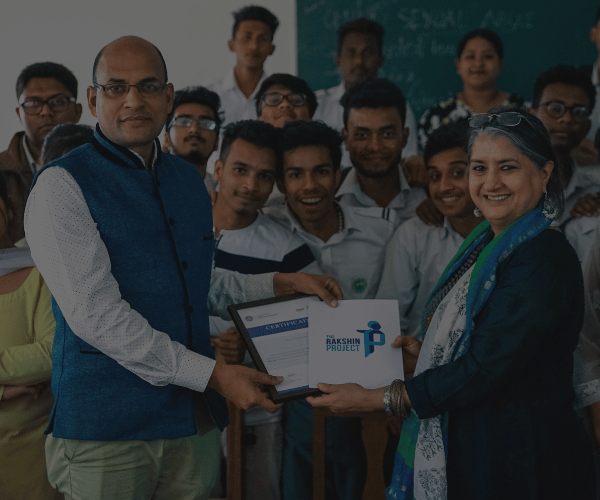
Our History
-
Decade 1 (1992-2000): Law and Advocacy

Sakshi was founded in 1992 by Naina Kapur and Jasjit Purewal. The initial years of Sakshi's work included helping individual women get redressal for gender-based violence, studying the need for gender equality education for judicial decision-making and most importantly, submitting PILs to the Supreme Court of India endorsing the prevention of sexual harassment at workplace. Sakshi's legal advocacy became instrumental in the formulation of the Vishakha Guidelines in 1997 and eventually, the Sexual Harassment at Workplace (Prevention, Prohibition and Redressal) Act (PoSH) 2013. -
Decade 2 (2000-2010): Judicial Education

To address the bias in gender-related laws by the Indian judiciary, Sakshi spearheaded gender-equality education for the judiciaries of India, Pakistan, Nepal, Bangladesh and Sri Lanka under the Asia-Pacific Advisory Forum for Judicial Education. This was a 10-year long, uniquely oriented program for judges to deal with gender equality and justice. It came to be recognised as a 'Best Practice' Model by UN Women. -
Decade 3 (2010-2020): Communication for Change

From 2010-20 and now, Sakshi has been working at the crossroads of all of our earlier work involving research, advocacy and capacity-building programs. Recently, we have also been focusing on long-term behavioural change campaigns and social art initiatives for public education of laws, rights and redressal mechanisms. We continue to work on community-centred ways to challenge oppressive norms, to fight violence against women and children. -
Decade 4 (2021-Now): Transformative Change

Sakshi focuses on behaviour and attitude change, with the prevention of gender-based violence at the core of promoting everyday equality. Sakshi encourages individuals to challenge harmful norms and stereotypes by fostering dialogue and critical thinking. Engaging grassroots communities, government, and corporate partners, Sakshi creates safe spaces for open conversations where all stakeholders understand their role in preventing violence, deepening awareness, and inspiring collective action.
